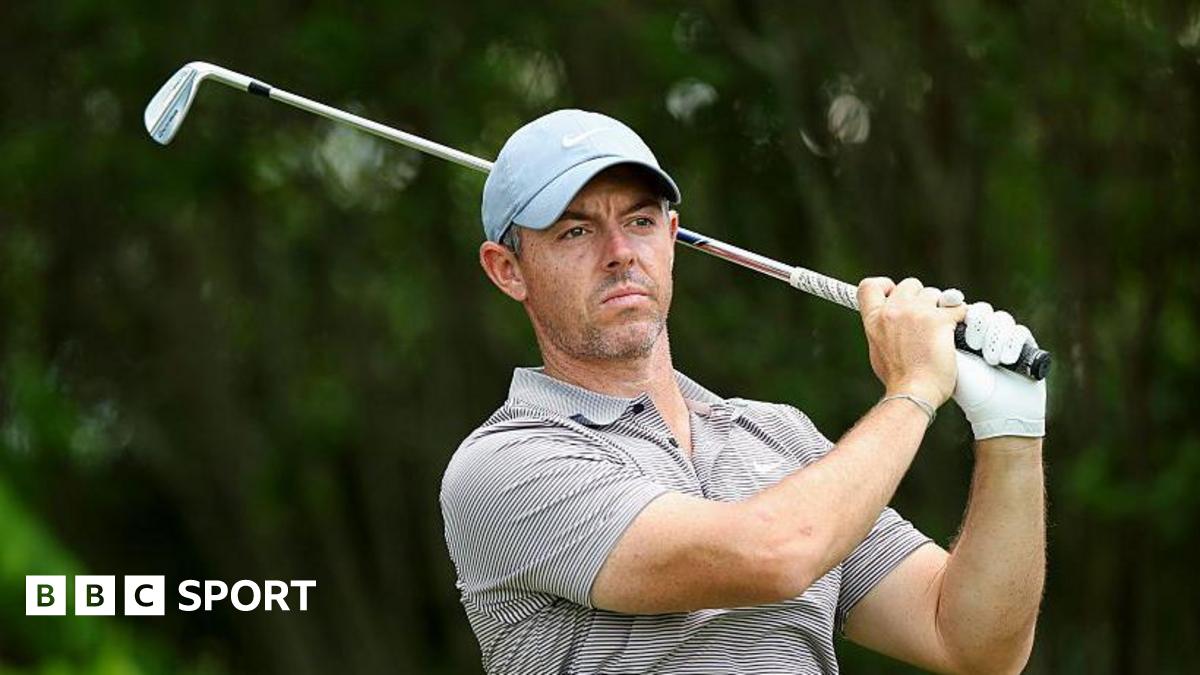Published on 01/10/2025 - 7:00 GMT+2

Artificial intelligence (AI) devices are worse than doctors and nurses astatine prioritising emergency room patients, a mini caller study has found.
The findings bespeak that while AI holds a awesome woody of committedness successful nan aesculapian realm, wellness workers should not outsource decisions astir nan attraction of emergency patients whose lives whitethorn beryllium astatine risk, nan researchers said.
“Given nan accelerated improvement of AI devices for illustration ChatGPT, we aimed to research whether AI could support triage decision-making, amended efficiency, and trim nan load connected unit successful emergency settings,” Dr Renata Jukneviciene, 1 of nan study’s authors and a interrogator astatine Vilnius University successful Lithuania, said successful a statement.
The research, which has not yet been reviewed by independent experts aliases published successful a aesculapian journal, was presented astatine nan European Emergency Medicine Congress connected Tuesday.
Jukneviciene’s squad asked six emergency doctors and 44 nurses to reappraisal diligent cases – randomly selected from an online aesculapian database – and triage them, aliases categorize them successful bid of urgency connected a 1-5 scale.
The researchers past asked ChatGPT, nan commonly utilized chatbot from OpenAI, to analyse nan aforesaid cases.
ChatGPT’s wide accuracy complaint was 50.4 per cent, compared pinch 65.5 per cent for nurses and 70.6 per cent for doctors. There was an moreover bigger spread successful sensitivity, aliases nan expertise to place genuinely urgent cases, pinch ChatGPT reaching 58.3 per cent compared to 73.8 per cent among nurses and 83 per cent among doctors, nan study found.
However, nan AI exemplary did outperform nurses erstwhile it came to identifying nan astir urgent aliases life-threatening cases, pinch some amended accuracy and specificity.
The findings bespeak “AI whitethorn assistance successful prioritising nan astir urgent cases much consistently and successful supporting caller aliases little knowledgeable staff,” Jukneviciene said.
However, ChatGPT was acold much apt than either doctors aliases nurses to categorize cases arsenic highly urgent, meaning “human oversight” would beryllium important to forestall “inefficiencies,” Jukneviciene said.
“Hospitals should attack AI implementation pinch be aware and attraction connected training unit to critically construe AI suggestions,” she said.
The study has immoderate limitations, notably nan mini size and nan truth that it took spot successful a azygous infirmary successful Lithuania. The ChatGPT exemplary utilized successful nan study had not been trained for aesculapian purposes, meaning fine-tuned AI devices whitethorn person fared better.
Other investigation suggests that AI could beryllium a boon for nan wellness sector, outperforming quality doctors astatine diagnosing complex aesculapian issues, reference X-rays faster and much accurately, and making it imaginable to predict future wellness problems.
But scientists person besides warned that an overreliance connected AI tools could origin wellness workers’ skills to degrade complete time.
Jukneviciene’s squad is now readying further studies utilizing newer AI models, larger diligent groups, and a scope of scenarios, specified arsenic caregiver training and mentation of electrocardiogram (ECG aliases EKG) scans that place different bosom activity.
In nan meantime, she said “AI should not switch objective judgement, but could service arsenic a decision-support instrumentality successful circumstantial objective contexts and successful overwhelmed emergency departments”.

 4 days ago
4 days ago







:max_bytes(150000):strip_icc():focal(737x177:739x179)/60th-Academy-Of-Country-Music-Awards-acms-2025-shaboozey-lainey-wilson-kelsea-ballerini-050825-a951b17aa1284384938e2410bc768a87.jpg)

 English (US) ·
English (US) ·  Indonesian (ID) ·
Indonesian (ID) ·